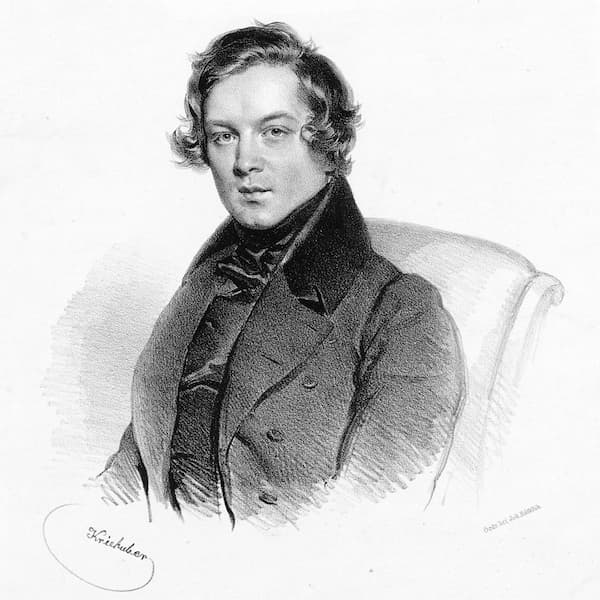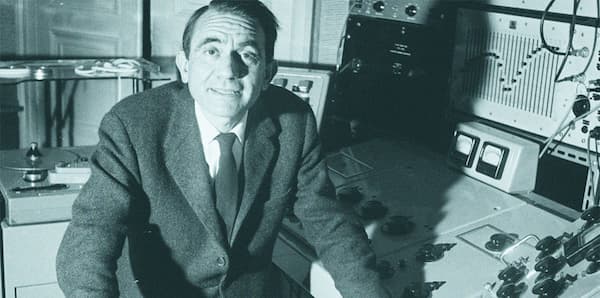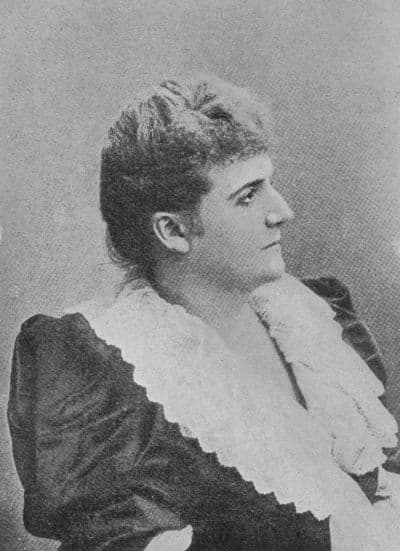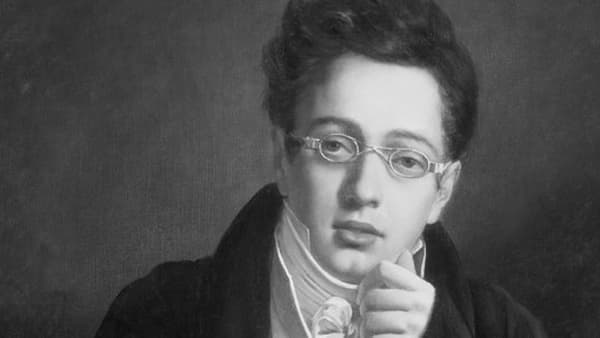I admit it, I’m a fervent auto-didact, a “self-teacher” whose answer to “how do I do that?” is to either reach for a book or more likely these days, look it up on Google or YouTube.
For me, self-teaching goes hand-in-hand with mastery as both require a willingness to stick to the task with a deep sense of purpose and intent.
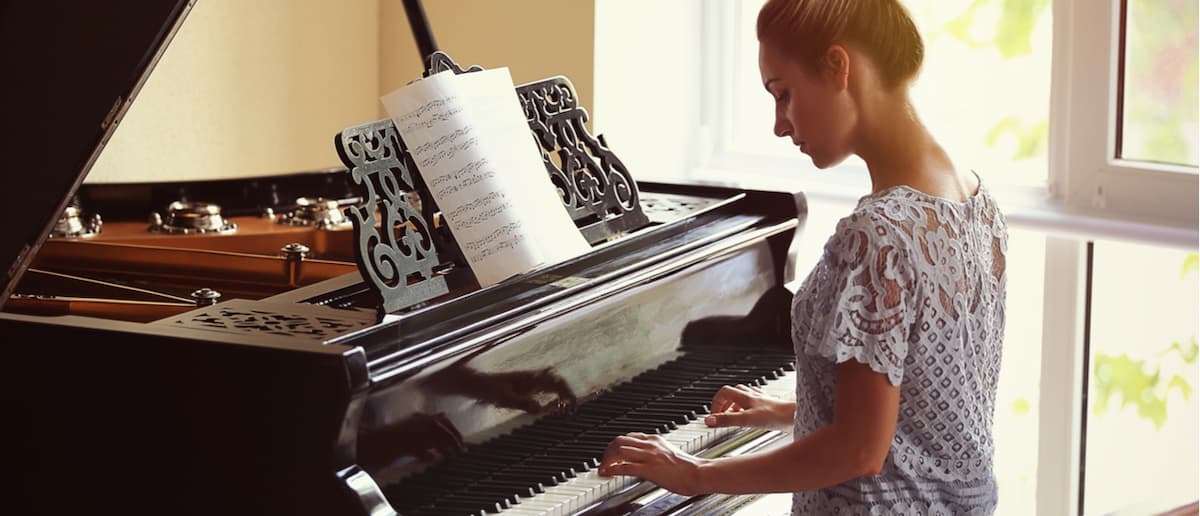
Self-teaching – the process of educating oneself without the guidance of a formal teacher or instructor- is a powerful tool that can be used to acquire new skills, deepen existing knowledge, and pursue personal interests. One of the main benefits of self-teaching is that it allows for a customised learning experience. Traditional music education often follows a one-size-fits-all approach, which tends not to treat each student as an individual, with their own strengths and weaknesses. With self-teaching, you have the freedom to choose the materials, resources, and speed of progress that work best for you. This can make the learning process more engaging, effective and, importantly, interesting.
Why is self-teaching important for the musician? Self-teaching can be a great way to build self-motivation and self-discipline. When you take responsibility for your own learning, you develop a sense of ownership and pride in your achievements. This can be a powerful motivator and can lead to increased confidence and self-esteem. More importantly, self-teaching encourages creative thinking, problem-solving, and curiosity – all useful skills for the musician.
My own experience of self-teaching has been extremely positive and motivating. When I moved away from London five years ago, I left behind several very important teachers and mentors, who had supported, encouraged, and inspired me while I was studying for professional performance diplomas, having returned to the piano after an absence of nearly 25 years. Having studied with two master teachers for nearly 10 years and received mentorship from several other significant pianist-teachers, I felt ready to “go it alone” and cease piano lessons altogether. I would not have felt sufficiently confident to do this had my teachers and mentors not instilled in me a sense of trust in my own musical instincts, secure technique, and a strong awareness of my own interpretative choices and artistry as a musician. Thus, I had firm foundation on which to continue my musical studies on my own.
Claude Debussy: 12 Etudes – No. 4 Pour les sixtes (Noriko Ogawa, piano)
It may take me longer to work out certain technical issues at the piano, but the process of self-teaching encourages one to find a way through a problem, which in itself becomes a useful learning tool. I also feel liberated from the sense that there is a “right way” to play certain repertoire; interpretative choices are down to my own knowledge and appreciation of the music.
Self-teaching does come with its own set of challenges, one of the biggest being staying motivated and on track. Without the guidance of a teacher, it can be easy to lose focus or become discouraged. To overcome this challenge, it is important to set clear goals, create a practice schedule, and seek out trusted friends and colleagues who can provide feedback and encouragement.
For more of the best in classical music, sign up to our E-Newsletter
Franz Liszt: 12 Études d’exécution transcendante, S139/R2b – No. 5 in B-Flat Major, “Feux follets” (Alim Beisembayev, piano)

